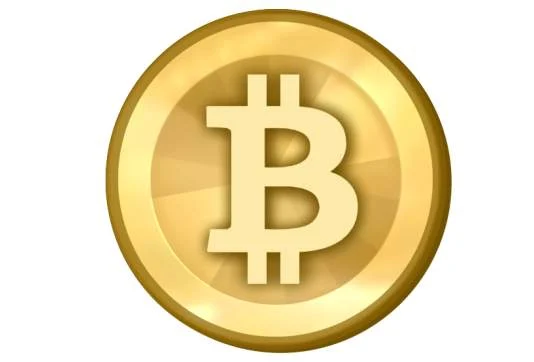Virtual currency Bitcoin broke the $200 barrier today and managed to briefly touch an impressive high of $239.
Justin Fox, editorial director of the Harvard Business Review Group, says he believes the virtual currency “is clearly in a bubble.”

“A dollar bill lays claim to no stream of future earnings, yet nobody says there’s a ‘dollar bubble’ because somebody’s willing to give you a candy bar for one. This even though a dollar is almost certain to buy you less in a few years than it does now. According to the Bureau of Labor Statistics, a 2013 dollar has one-tenth the purchasing power of the 1950 version,” he explained.
“This sounds like a good thing, but for a currency it’s really not. An economy where bitcoins were the means of exchange would have experienced 98-per-cent deflation over the past year. No one would be able to repay any loans, or really do business at all. What we want out of a currency is not price appreciation but stability.”
Indeed, unlike dollars, which can be created at will by the Federal Reserve, the supply of both bitcoins and gold is determined by forces outside the control of elected or appointed government officials.
“Given the long history of governments debasing their currencies to the point of worthlessness, the limited-supply, non-governmental nature of gold and of Bitcoins has its attractions,” Fox added.
Bitcoin can best be described as a decentralized digital currency based on an open-source, peer-to-peer internet protocol. It was first introduced by Satoshi
Nakamoto in 2009.






